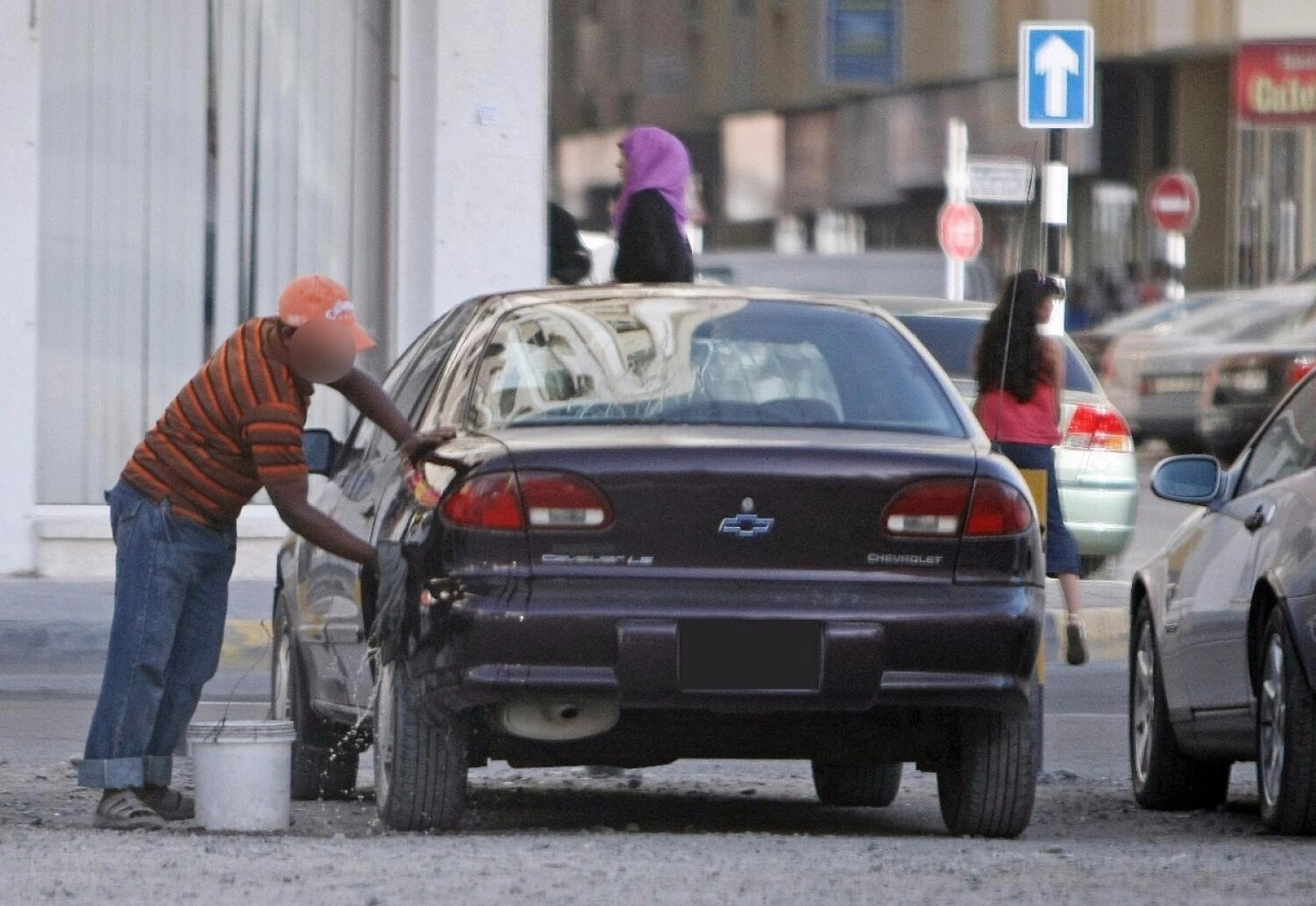In the UAE, washing cars in public spaces like streets, parking lots, parks, or outside buildings in residential areas is prohibited in several cities. This includes areas such as closed communities or in front of buildings unless explicitly designated for such activities.
Why Washing Cars in Public Areas Is Restricted
Authorities in the UAE enforce strict rules to maintain urban cleanliness and prevent environmental harm. These policies also aim to minimize water wastage and reduce pollution. Residents are encouraged to use designated car washing facilities or petrol stations equipped with systems to manage water usage and waste responsibly.
Fines for Illegal Car Washing
Residents caught washing cars in public areas like streets or parking lots may face penalties:
- Dubai and Abu Dhabi: A fine of Dh500 for washing vehicles in public spaces.
- Sharjah: Car owners hiring unauthorized washers can be fined Dh250, while illegal car washers face a Dh500 penalty.
Additionally, villa residents may wash cars on their property if conditions are met, such as ensuring no water spills into public spaces. However, those in community villas could still face penalties if water runoff affects streets or shared areas.
Environmental Impact
Improper car washing leads to water runoff that collects pollutants and chemicals, which can contaminate ponds, lakes, or drainage systems. This also damages pavements and underlying asphalt, increasing maintenance costs. Using harmful cleaning materials further worsens the issue, making environmental protection a key focus of these regulations.
Penalties for Dirty Vehicles
In Dubai, leaving unclean cars parked in public areas can result in a Dh500 fine. Civic authorities take this seriously to maintain the city’s aesthetic appeal. In Abu Dhabi, the penalties are stricter:
- Dh3,000 fine for leaving dirty vehicles in public spaces.
- Vehicles may also be impounded for repeated violations.
Licensed Car Wash Facilities
To avoid fines, residents are encouraged to use licensed car wash services or wash cars on private property while adhering to local regulations. For residents traveling abroad, authorities advise parking vehicles in approved private lots, where upkeep is managed to prevent any negative impact on public spaces.





